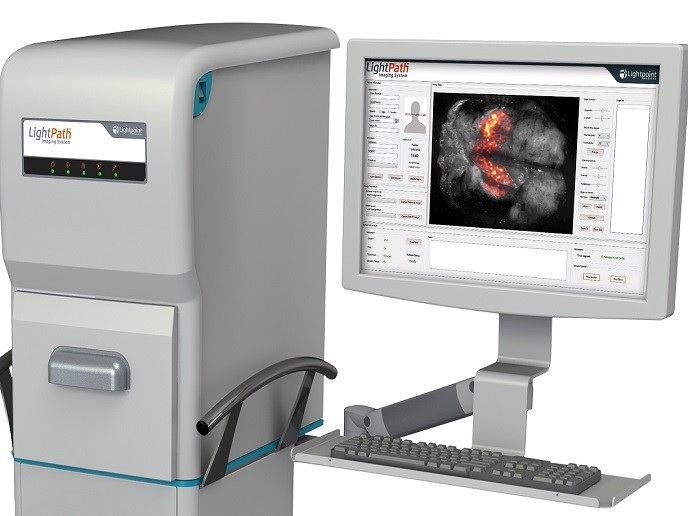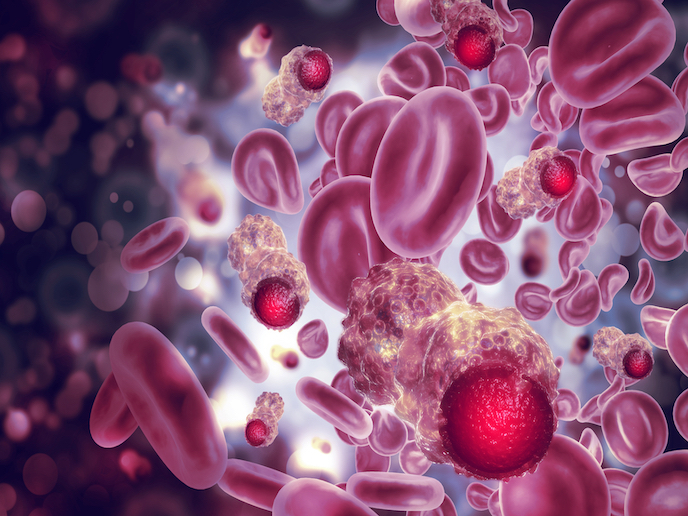Molecular insight into metastatic prostate cancer
While promptly diagnosed prostate cancer is curable by surgery or radiotherapy, advanced or metastatic disease is much more difficult to control. Treatment of these patients usually entails androgen withdrawal therapy, which inhibits the activation of androgen receptor (AR) signalling. However, the success of this therapy is limited and cells eventually become resistant. The pathway of AR activation involves the binding of the androgen hormones testosterone or dihydrotestosterone and through various modifications it culminates with the translocation of the receptor from the cytoplasm to the nucleus. Within the nucleus, the receptor-ligand complex interacts with co-activators, co-repressors and epigenetic modifiers, leading to the transcription of target genes. The scope of the EU-funded ARKSS (A large-scale siRNA screen to study the role of kinases in androgen receptor activation) project was to identify essential co-activators required for AR-mediated transcription. For this purpose, the consortium performed a large screen of kinases using small-interference RNAs (siRNAs). Using a fluorescence-based assay where kinase knockdown correlated with fluorescence, researchers identified kinases that were implicated in AR signalling in prostate cancer. Additionally, they investigated which epigenetic modifying enzymes are involved in resistant disease. Mechanistic studies demonstrated that down-regulation of a histone demethylase enzyme decreases AR mediated transcription. Taken together, the results of the ARKSS study provide important molecular insight into the nature of advanced, therapy-resistant prostate cancer. The molecules implicated in AR signalling could serve as potential pharmacological targets and offer new therapeutic options to individuals suffering from the disease.







